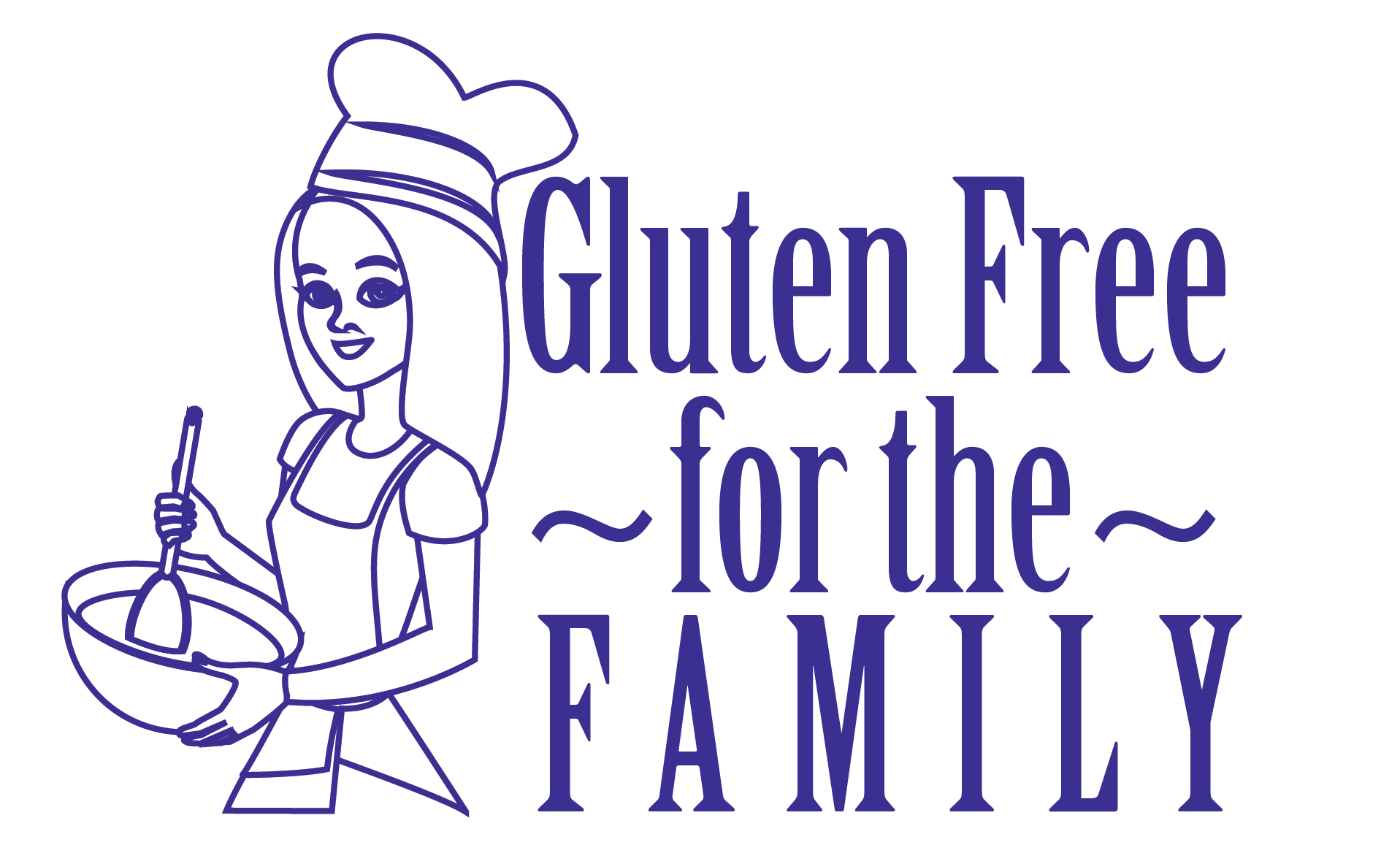What is gluten?
Gluten is the common name for a protein that is found in wheat, rye, and barley.
What is gluten sensitivity?
Gluten sensitivity is caused when the body reacts to gluten, usually due to an allergy, intolerance, or celiac disease.
What is celiac disease?
“Celiac disease is a condition that damages the lining of the small intestine and prevents it from absorbing parts of food that are important for staying healthy. The damage is due to a reaction to eating gluten, which is found in wheat, barley, rye, and possibly oats.” (National Library of Medicine) Celiac affects 1 in 133 people in the United States. Continued intake of gluten while suffering from celiac disease may lead to osteoporosis, intestinal cancer, malnutrition and more. The treatment of celiac disease is a gluten free diet.
How do I know if something is gluten free?
Many food products are now labeled as “gluten free”. Food manufacturer must list the 8 most common food allergens if they are present in the food. The 8 most common food allergens are wheat, egg, fish, shellfish, peanuts, tree nuts, soy and dairy. Gluten itself is not on the most common list so you’ll want to thoroughly read through the ingredients label or ask the manufacturer to make sure its gluten free.
What are the questions I ask at a restaurant?
Remember, it’s better to be safe than sick. If you’re unsure about an item on the menu then ask, ask, ask!! Don’t be afraid to make sure your food is gluten free. Explain to the server that you can get very sick if anything that contains gluten comes in contact with your food. You may need to explain that gluten may be present in flours, batters, seasonings, and sauces. Here are some important questions to ask:
- Do you have a gluten free menu?
- How is it cooked? (Battered, fried, crispy, and stuffed are red flags. Grilled or baked are safer choices, depending on the spices or sauces used)
- Do you have a separate fryer for gluten free items (such as French fries) to avoid cross contamination?
- Do you fry the French fries in the same fryer as the chicken nuggets or other fried foods that would contain flour or gluten?
- What kind of sauces do you use?
- What kind of spices do you use?
- Will my food come into contact with other food while cooking?
What if I am unsure about the ingredients listed?
For your own health and safety, you should avoid any ingredient that you’re unsure about. It’s sometimes helpful to use Google or your favorite search engine for questionable ingredients.
Do oats contain gluten?
While oats do not naturally contain gluten, they are high risk for cross contamination. Oats have a high likelihood to cross paths with wheat, rye, and barley during processing, leading to the cross contamination. It’s important for a person with celiac disease to avoid oats unless they are marked as “gluten free”. Here are some brands that have gluten free oats:
- Bob’s Redmill
- Gluten Freeda
- GF Harvest
How do I avoid cross contamination?
Always wipe down cooking surfaces before and after meal prep and use fresh utensils. If possible, cook all gluten free foods before any gluten containing foods to avoid cross contamination. When serving gluten free foods at the same meal as gluten containing, make sure you use separate utensils such as a separate ladle to scoop gluten free soup, a separate spatula for pancakes, or a separate knife to cut bread.
Will I be able to eat a balanced diet?
Yes. Gluten is found in grains, which are high in carbohydrates. There are many gluten free foods that are also high in carbs, such as potatoes, rice, quinoa, beans, etc. A balanced meal contains proteins, healthy fats/oils, and carbohydrates. For more information on building a balanced diet, contact a dietician or ask your doctor.
How do I know if I’m sensitive to more than just gluten?
If you suspect another allergy or sensitivity besides gluten, then its best to contact your doctor. Your doctor will be able to run tests and professionally determine which foods/substances are bothersome to you.
Where do I go to get support?
There are many books about living a gluten free lifestyle that can be helpful when making the transition. Here are a few examples:
- The G Free Diet: A Gluten Free Survival Guide by Elizabeth Hasselbeck
- The Gluten Free Bible: The Thoroughly Indispensable Guide to Negotiating Life Without Wheat by Jax Peters Lowell and Anthony J Dimarino, Jr
- Living Gluten Free for Dummies by Danna Korn
You can find local support by going to celiac.org and selecting your state for a local listing of gluten free clubs and organizations in your area.
What resources do I need?
The internet is the most powerful resource you can have. If you’re unsure about an ingredient or recipe then Google it or use your favorite search engine. There are also many helpful iPhone and smart phone apps such as:
- Find Me Gluten Free
- Gluten Free Fast Food
- Is That Gluten Free?
- Gluten Free Restaurants
- Gluten Free Ingredients
Simply typing “Gluten Free” into your app store search bar will bring up a variety of apps to choose from.
Make sure to ask your doctor if you have any questions regarding a medical condition or concern.
